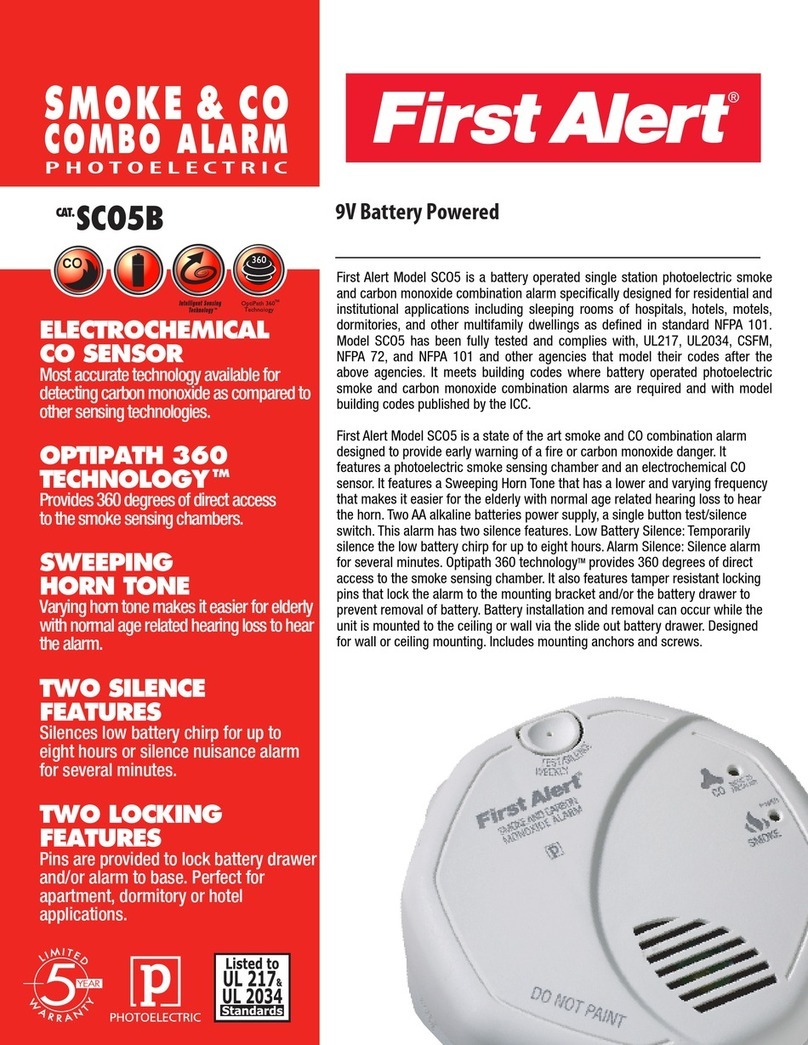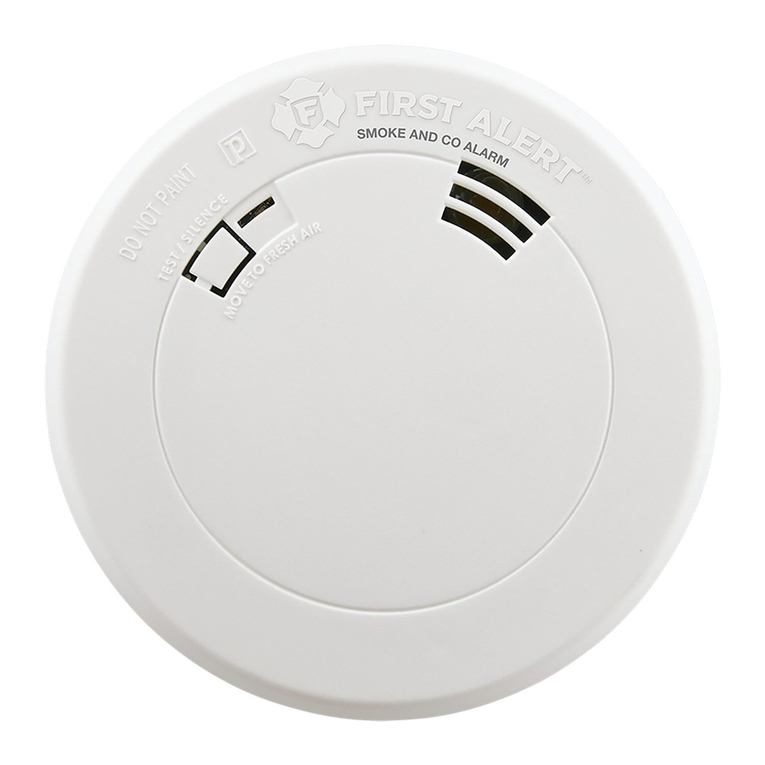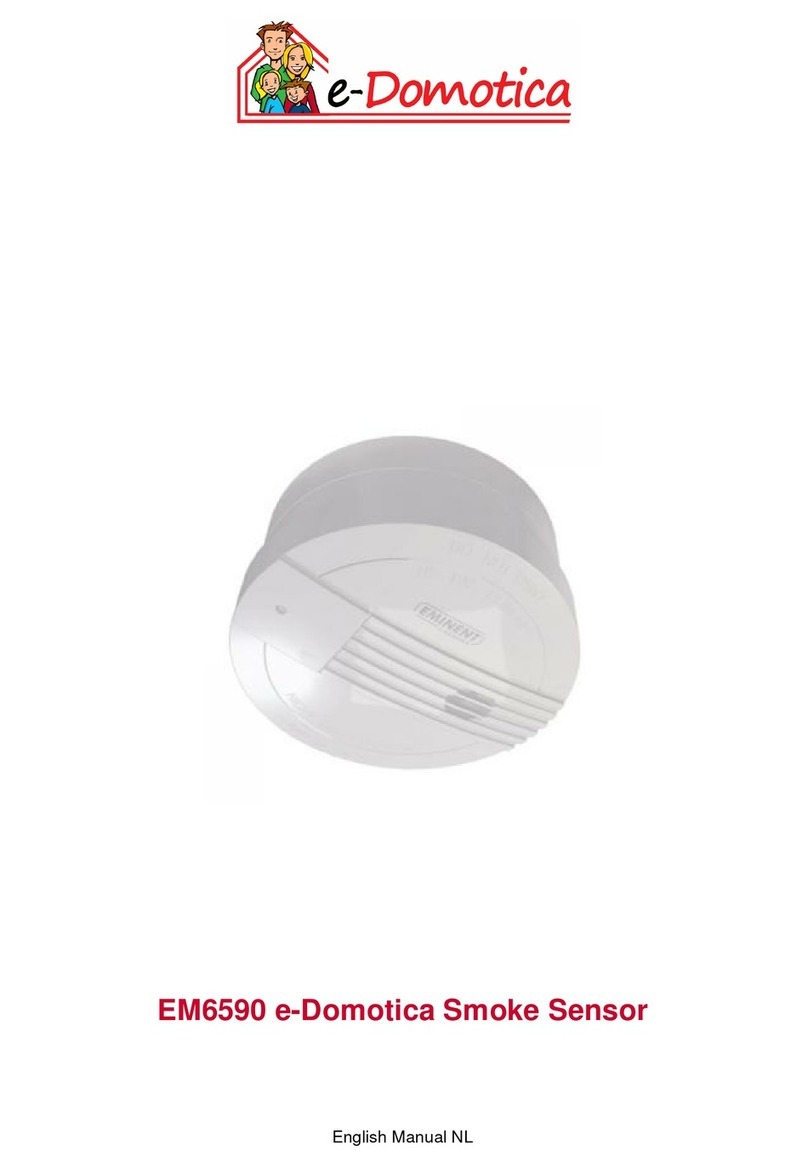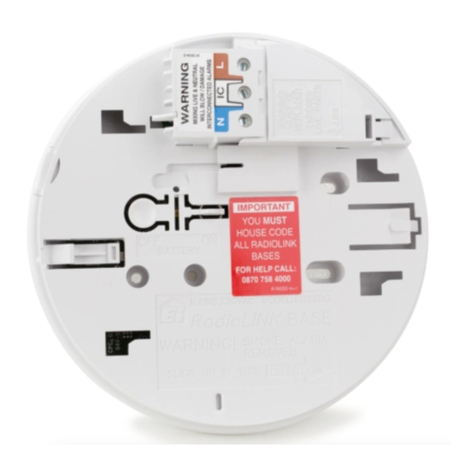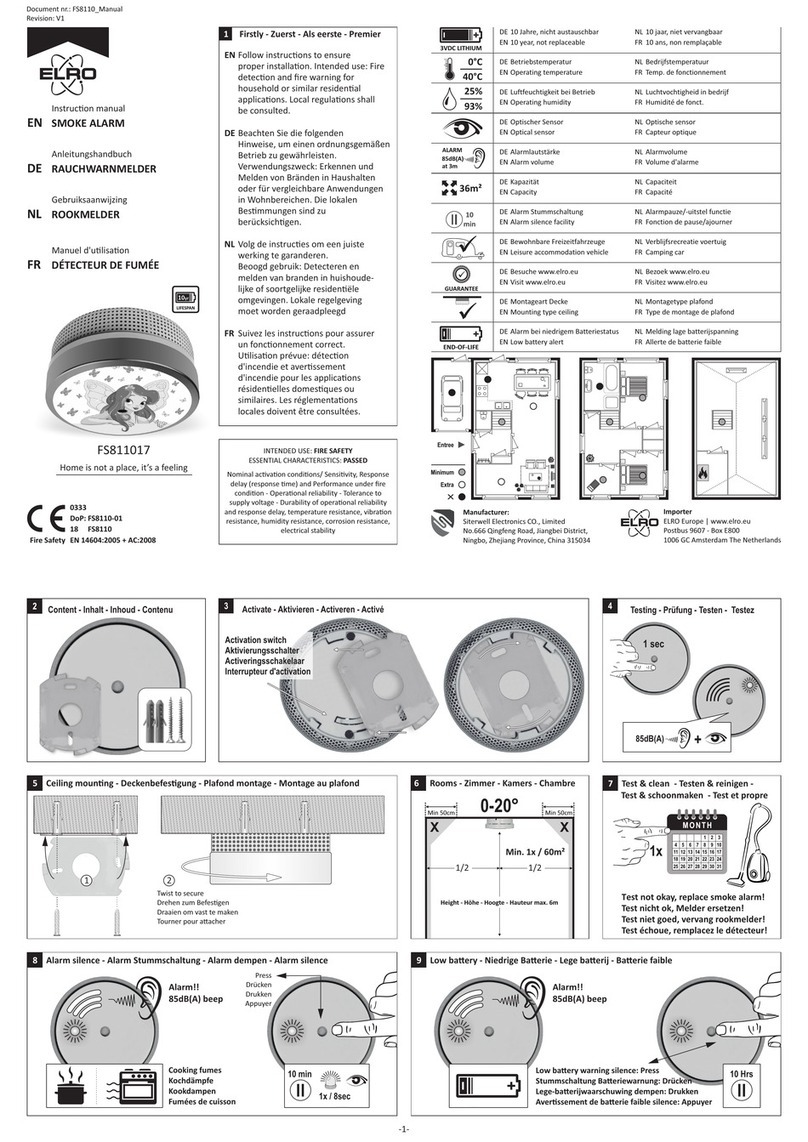First Alert P1210 User manual
Other First Alert Smoke Alarm manuals
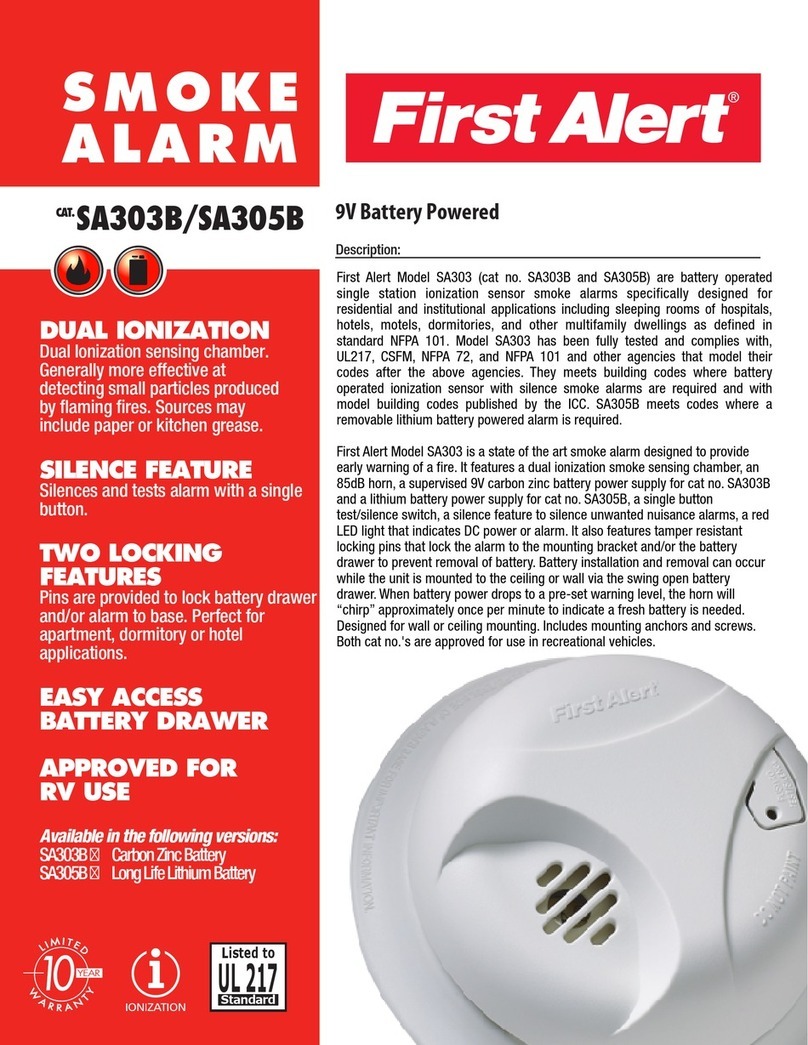
First Alert
First Alert SA303B User manual
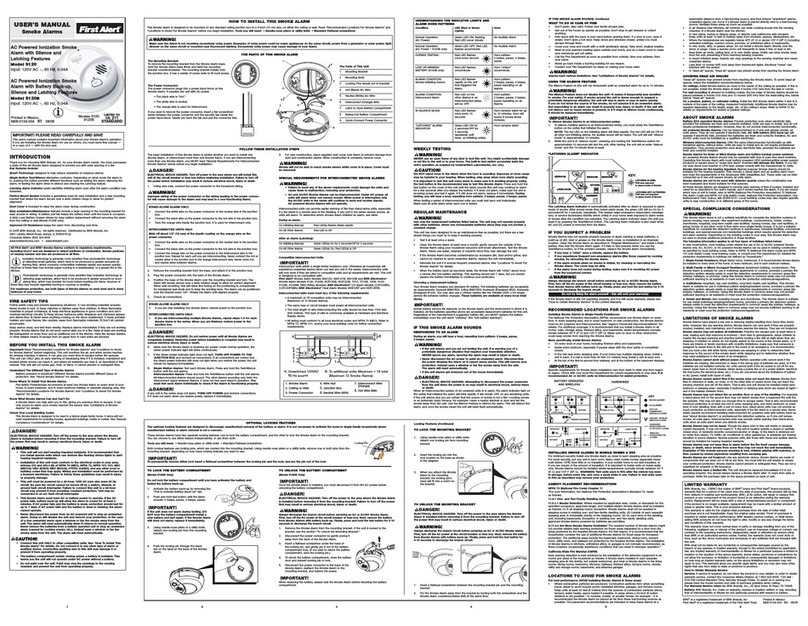
First Alert
First Alert 9120 Series User manual

First Alert
First Alert 0827 User manual
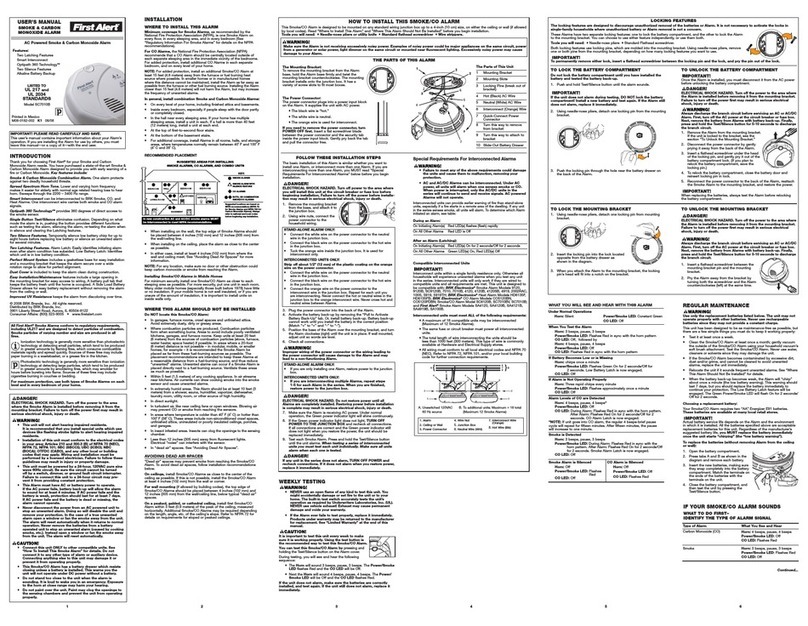
First Alert
First Alert SC7010B User manual

First Alert
First Alert SA3210 User manual
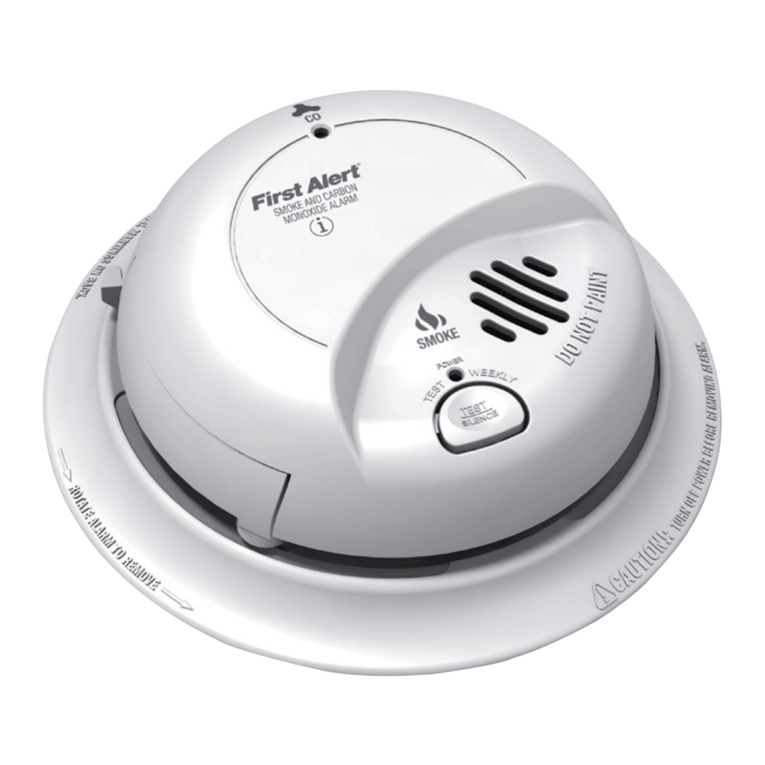
First Alert
First Alert SCO2 User manual

First Alert
First Alert SA300 User manual
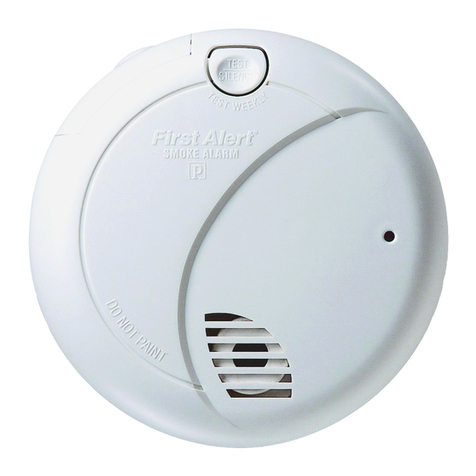
First Alert
First Alert SA710 User manual
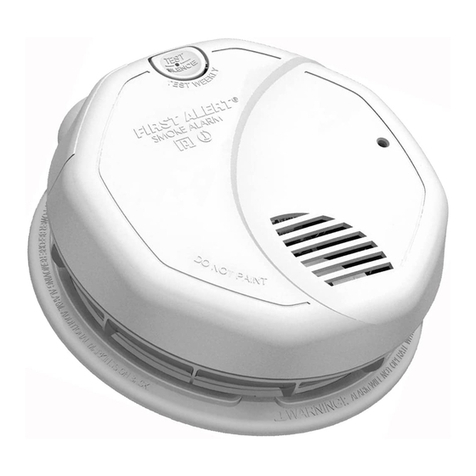
First Alert
First Alert 3120B User manual
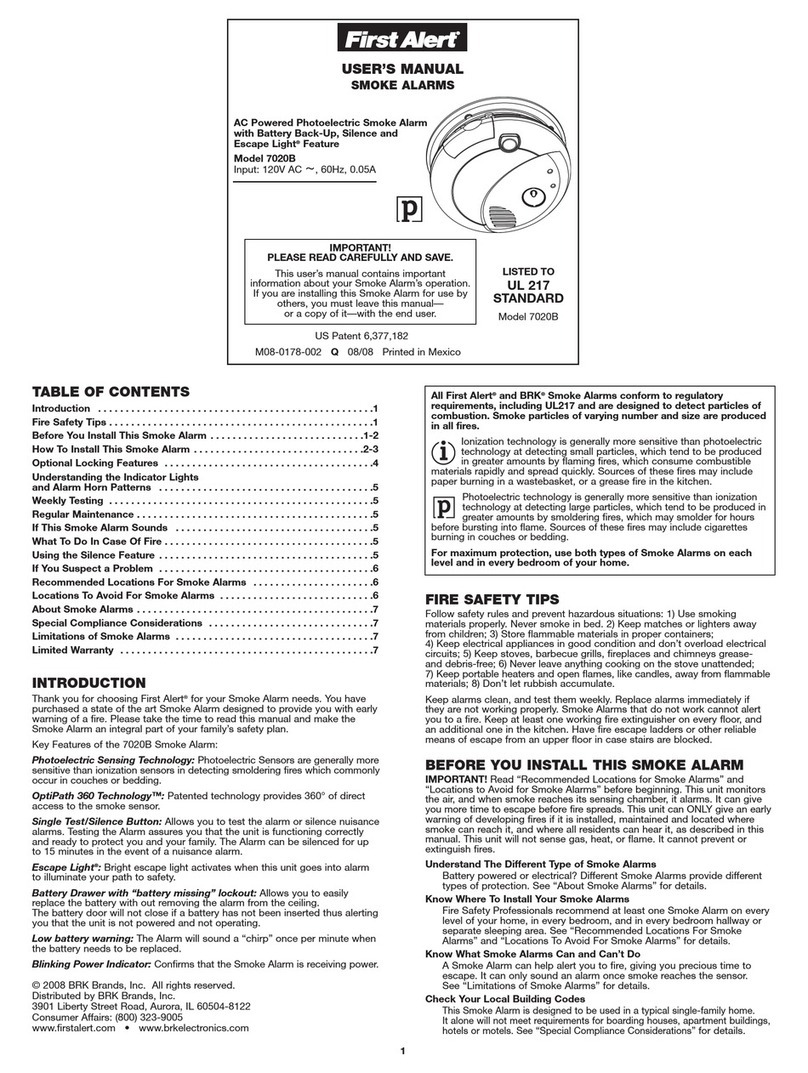
First Alert
First Alert 7020b User manual
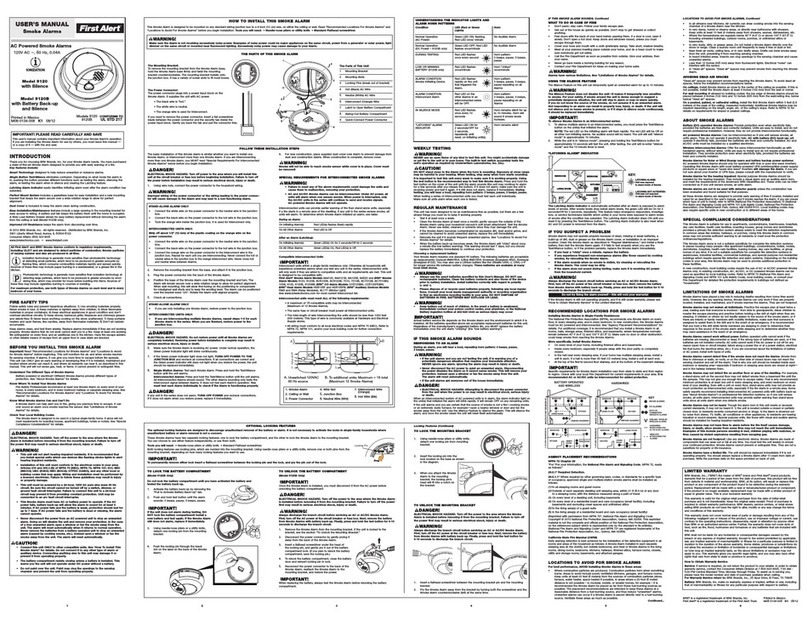
First Alert
First Alert 9120 Series User manual
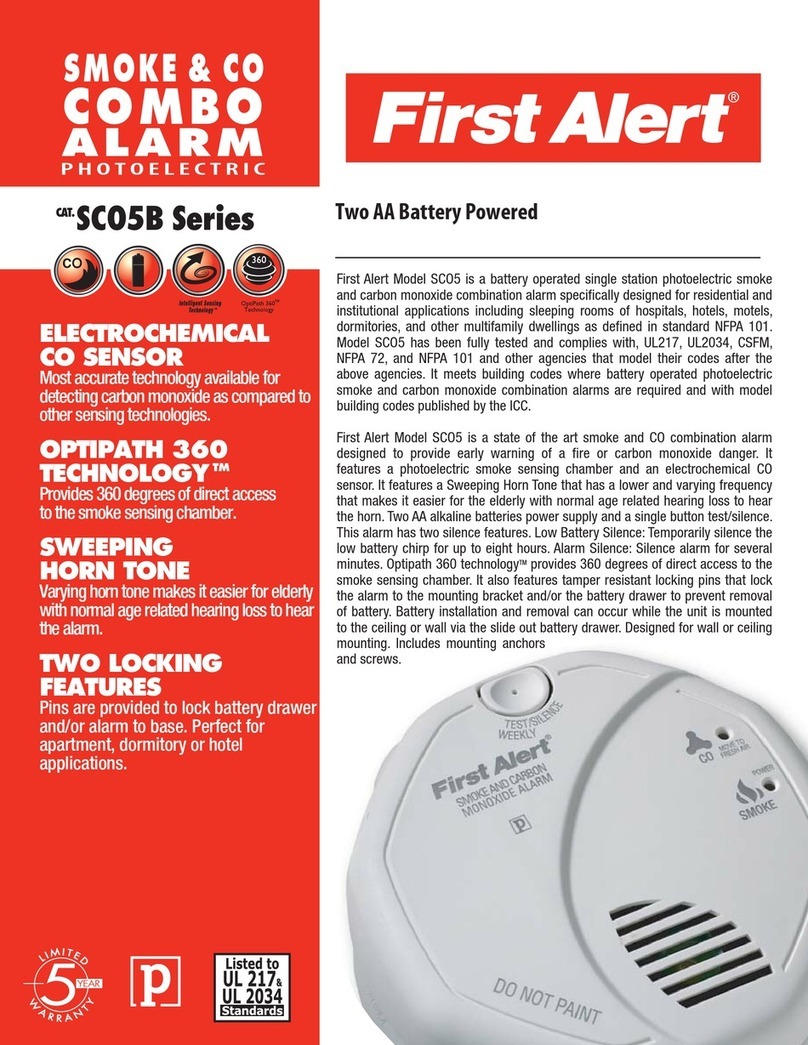
First Alert
First Alert SC05B User manual
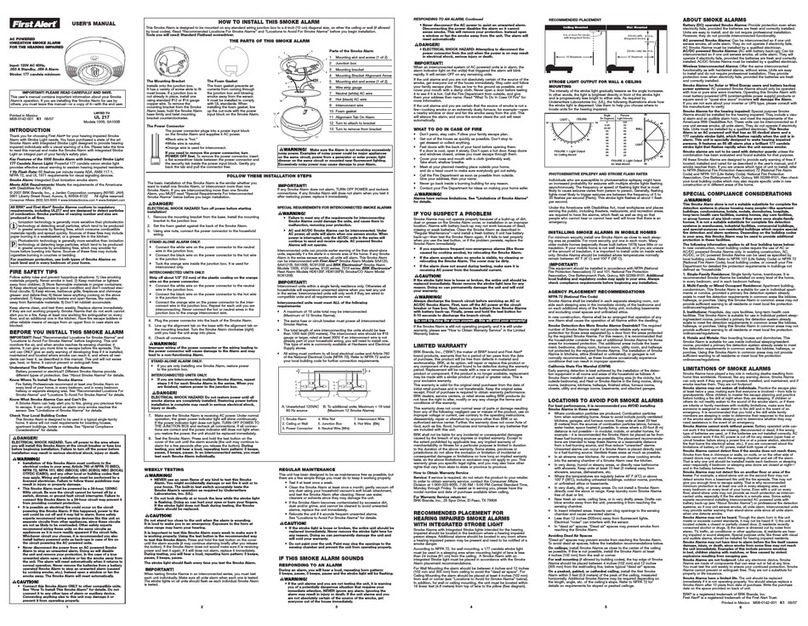
First Alert
First Alert 100S User manual

First Alert
First Alert SA304 User manual
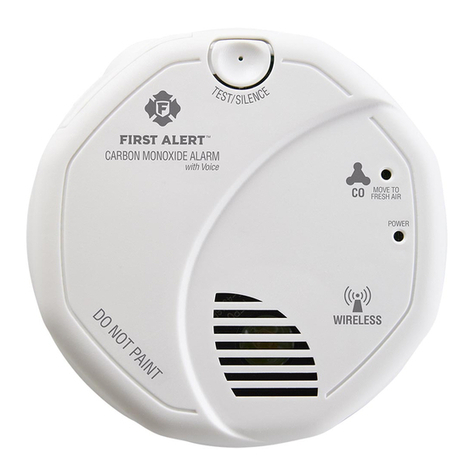
First Alert
First Alert ONELINK CO511 User manual
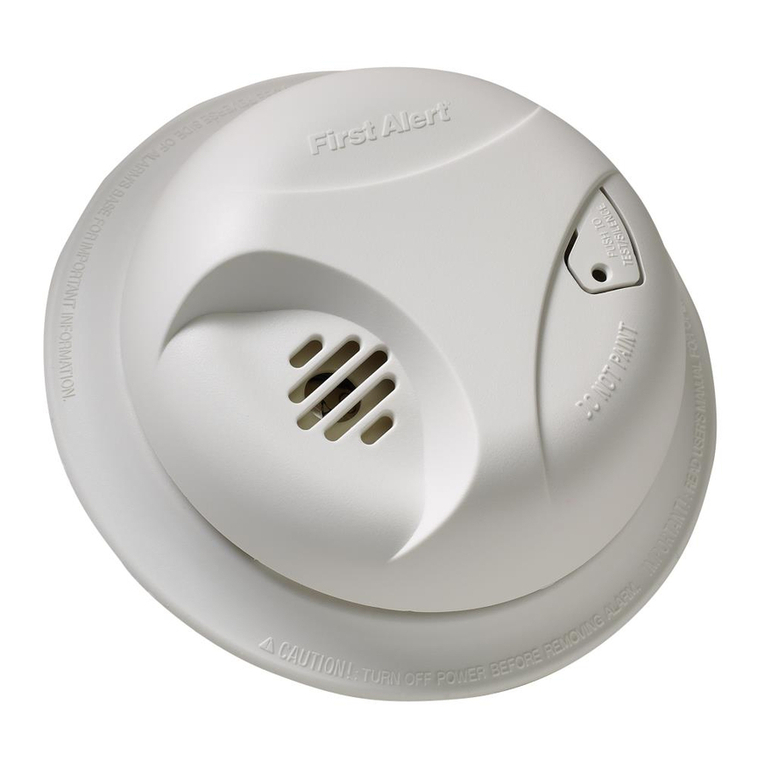
First Alert
First Alert SA303A User manual
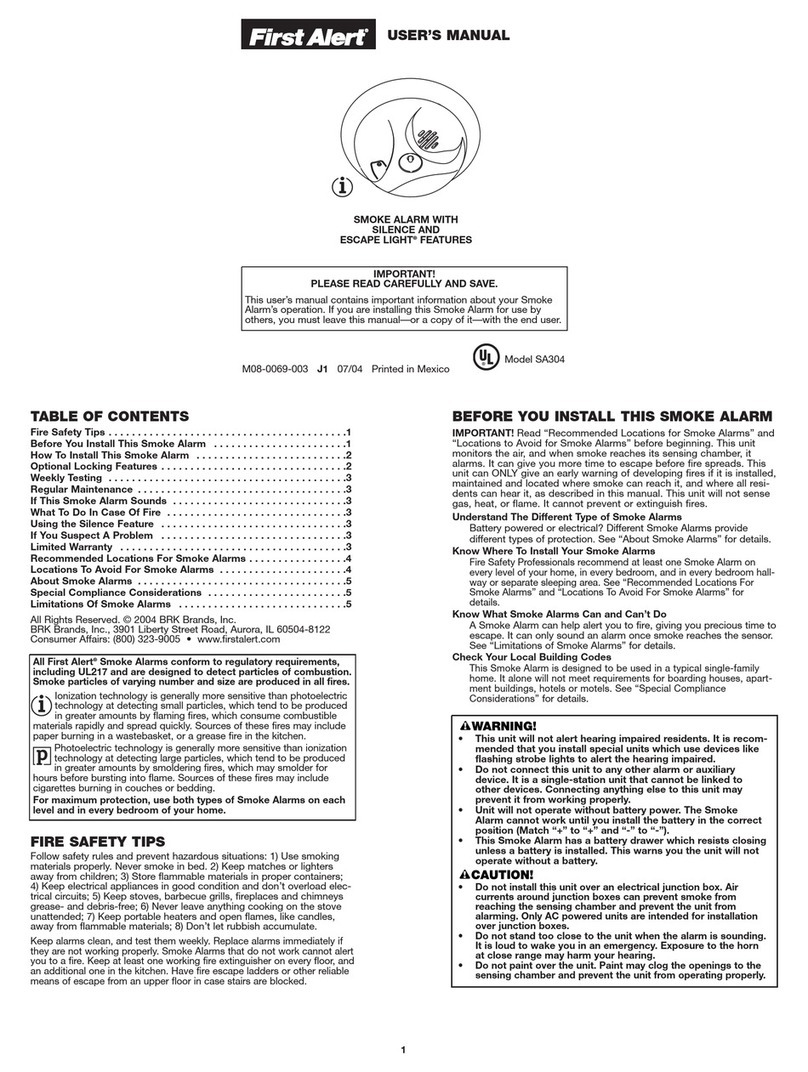
First Alert
First Alert SA304 User manual
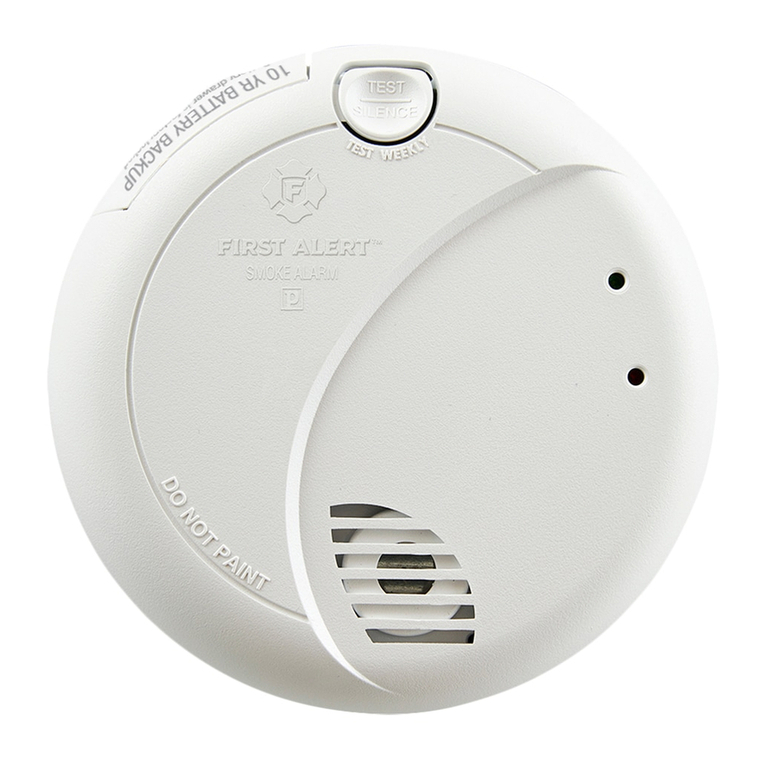
First Alert
First Alert 7010LBL User manual
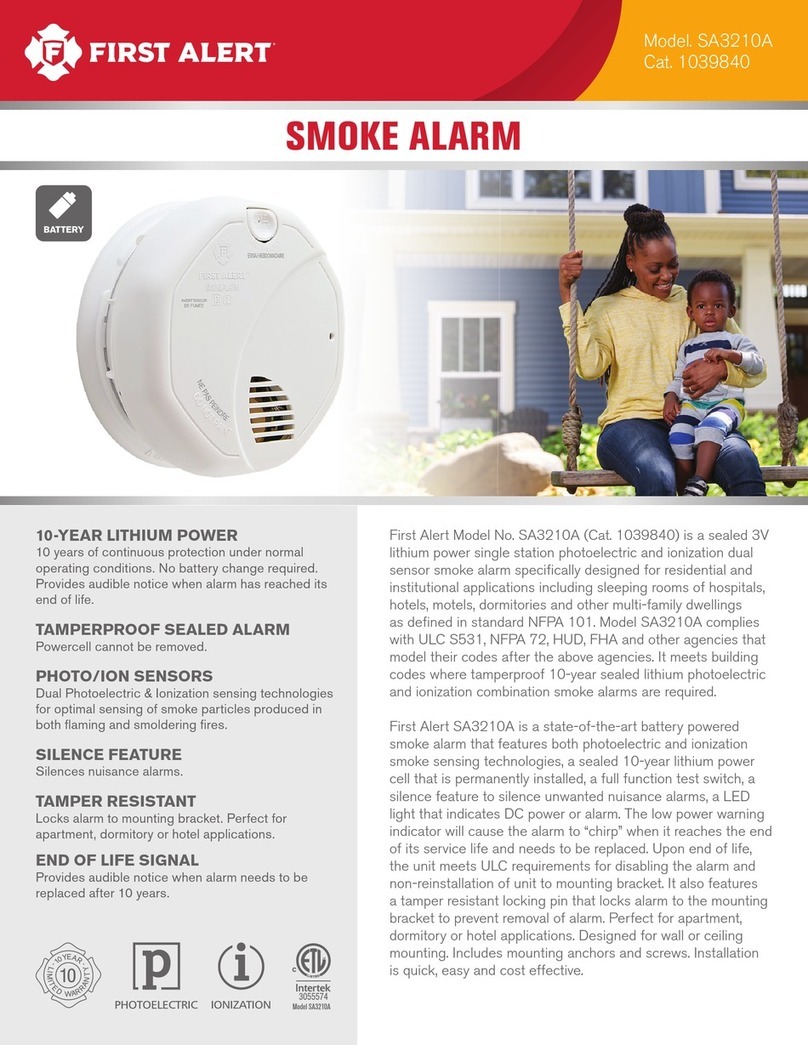
First Alert
First Alert SA3210A User manual

First Alert
First Alert SCO501CN-3ST User manual
Popular Smoke Alarm manuals by other brands

x-sense
x-sense SD19-W user manual

FireAngel
FireAngel Thermoptek ST-622 user manual
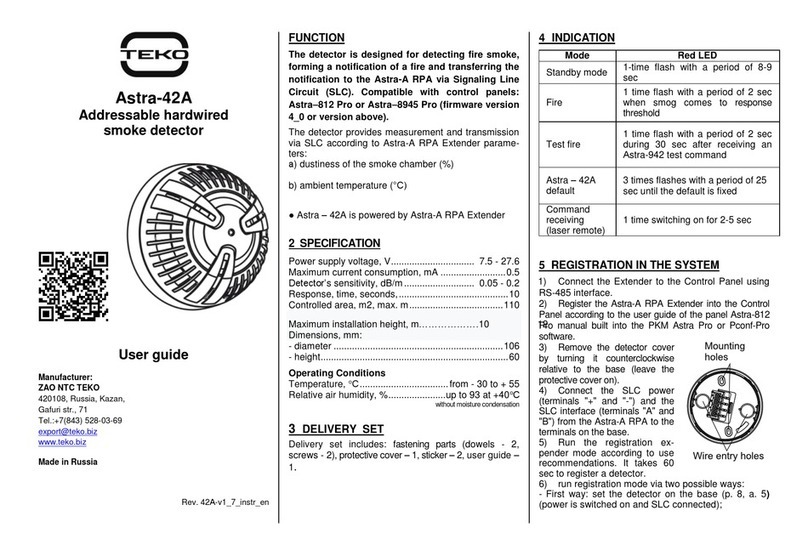
teko
teko Astra-42A user guide
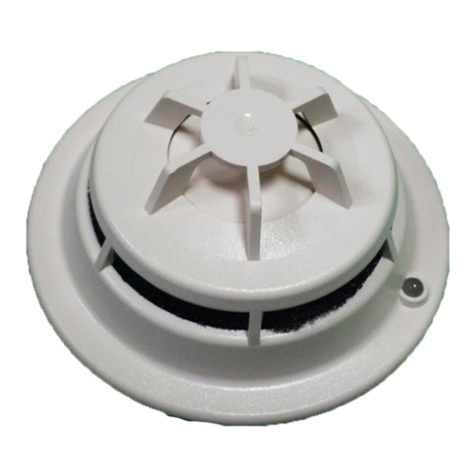
Siemens
Siemens PE-11C installation instructions
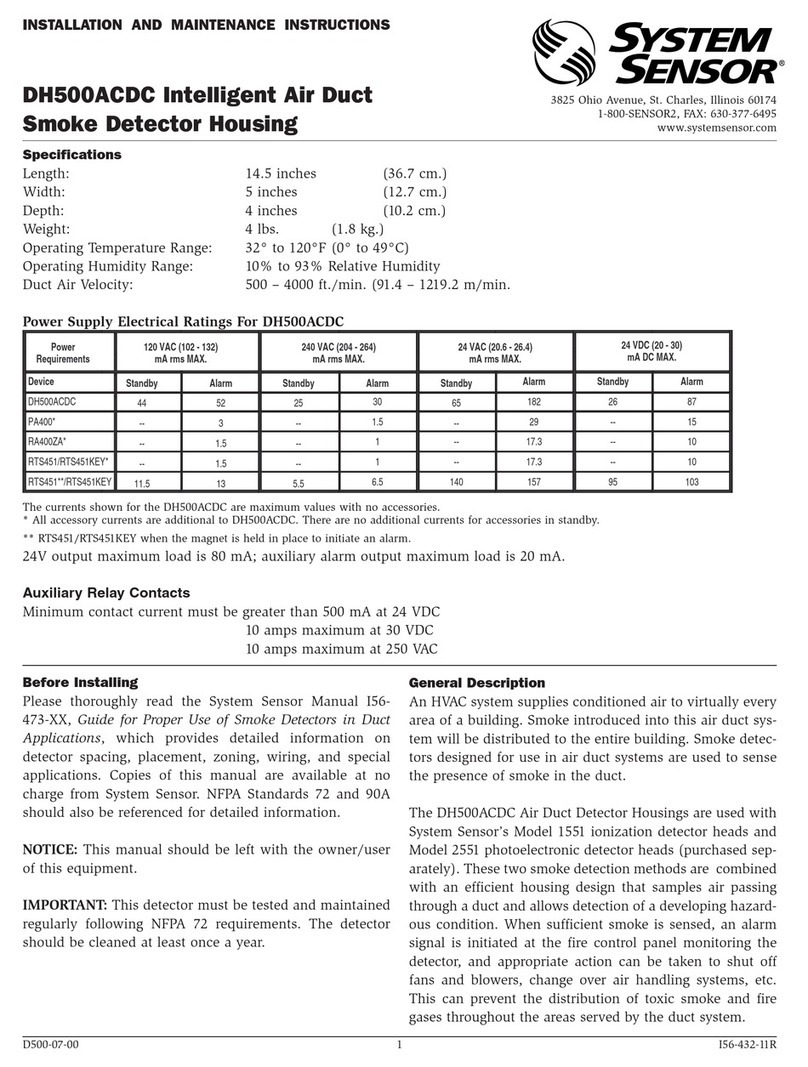
System Sensor
System Sensor DH500ACDC Installation and maintenance instructions
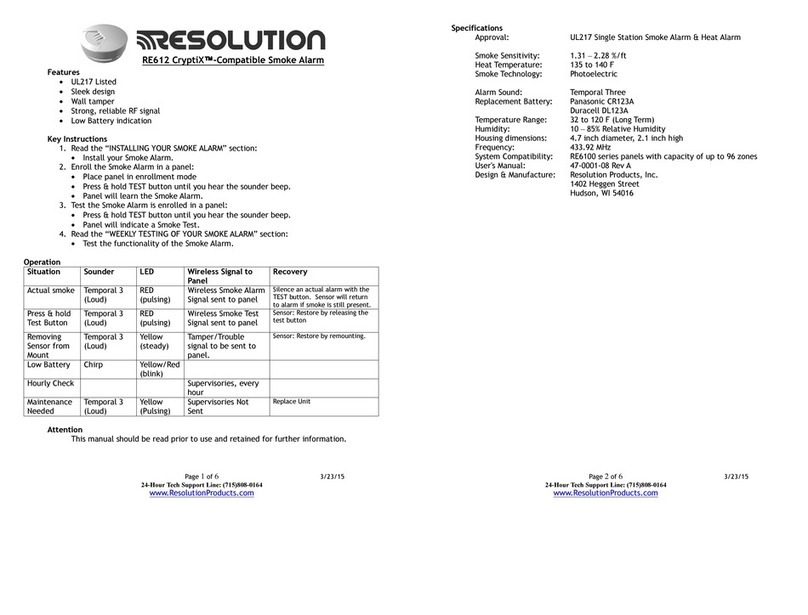
Resolution Products
Resolution Products RE612 CryptiX quick start guide

Family Gard
Family Gard FG225 user manual
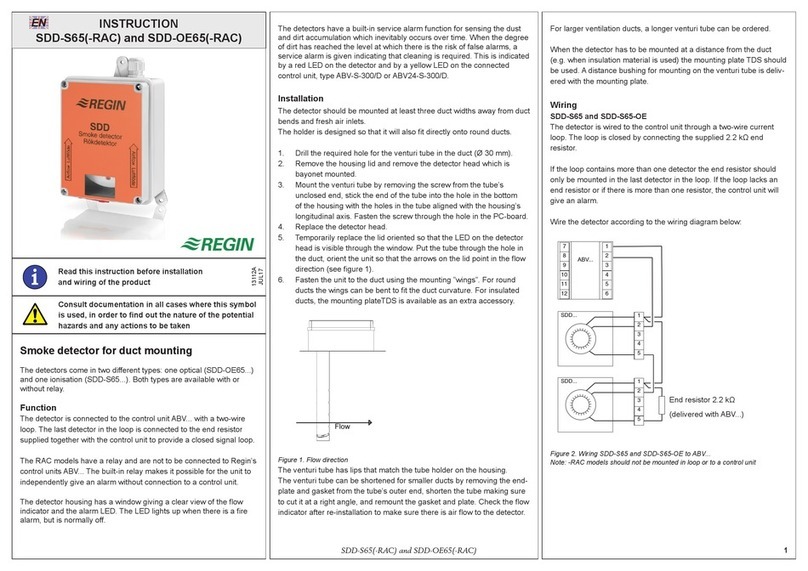
Regin
Regin SDD-S65 instruction manual
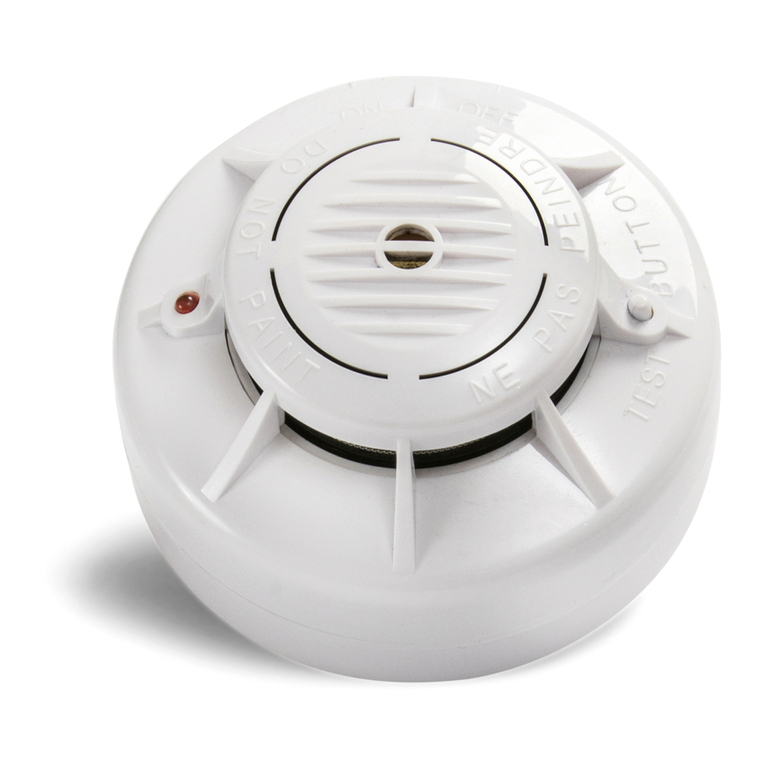
Aparton
Aparton ASD-10 Instructions for use
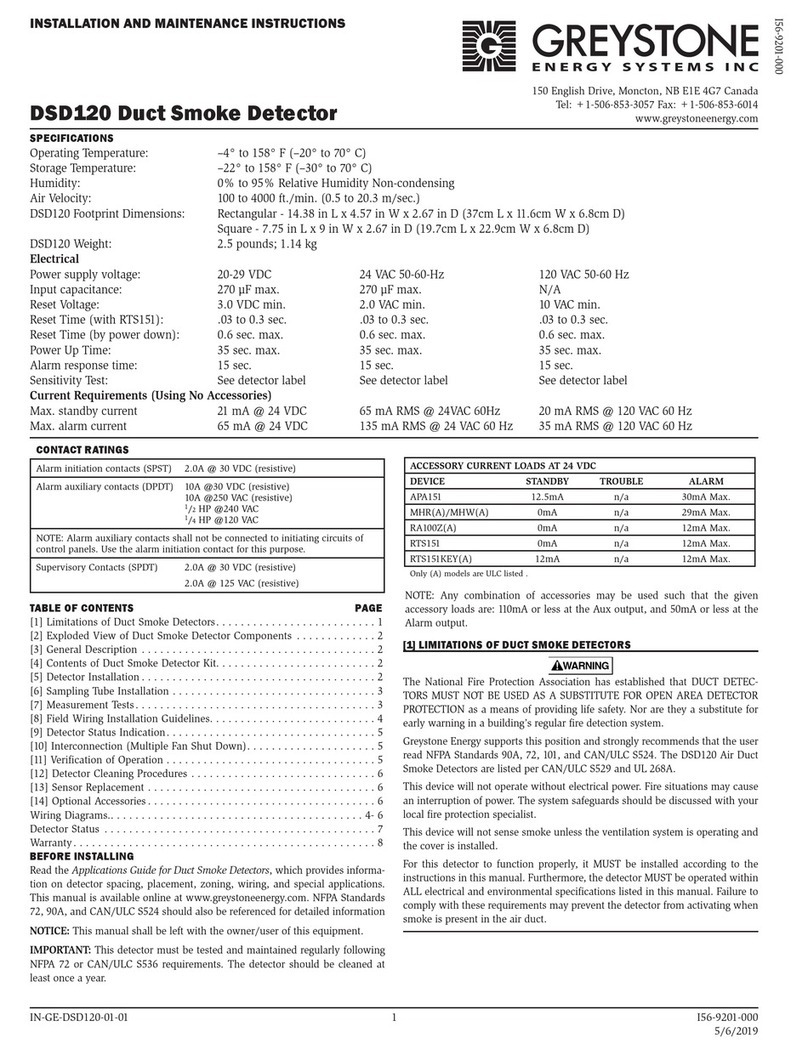
Greystone
Greystone DSD120 Installation and maintenance instructions
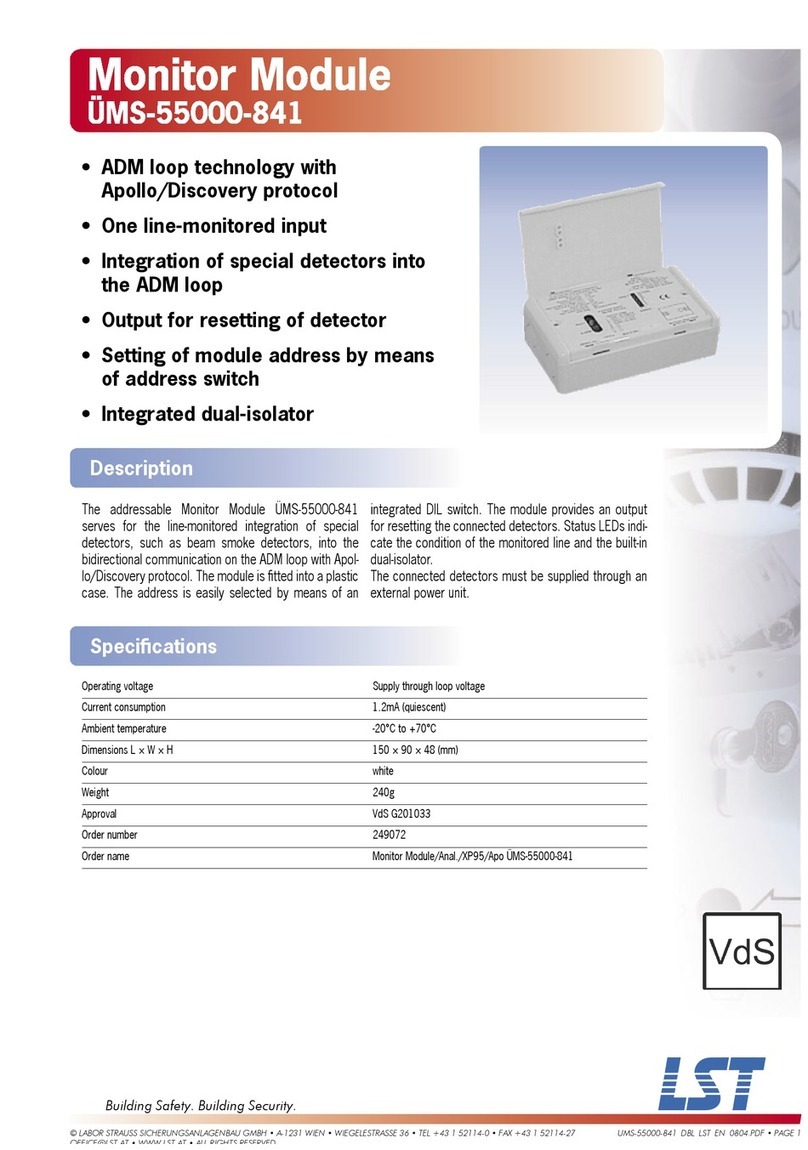
LST
LST ÜMS-55000-841 Specification sheet
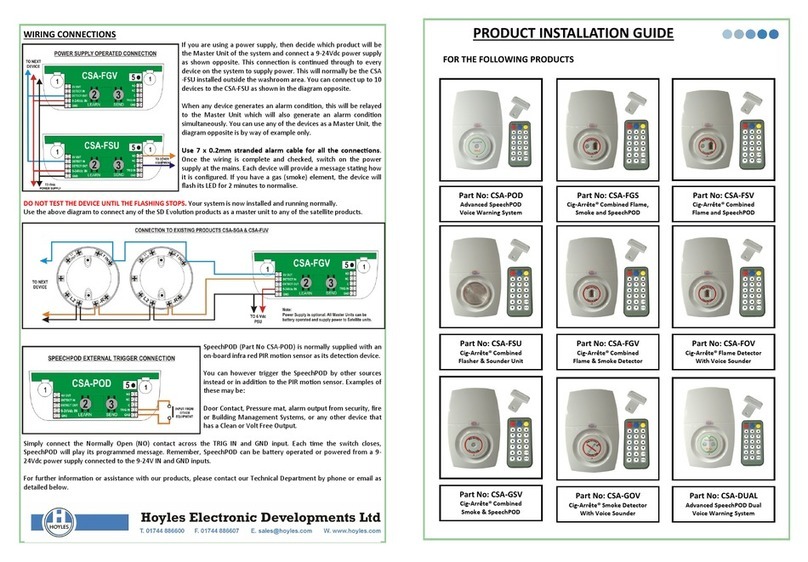
Radal Technology
Radal Technology Cig-Arrête CSA-POD Product installation guide
